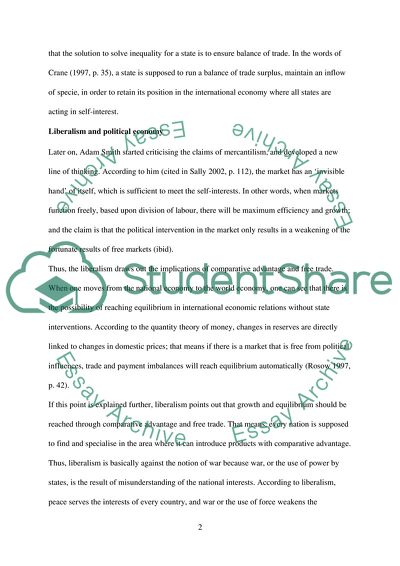Cite this document
(International Political Economy in Theoretical Traditions Essay, n.d.)
International Political Economy in Theoretical Traditions Essay. https://studentshare.org/macro-microeconomics/1777266-what-are-the-dominant-theoretical-frameworks-used-for-analysing-international-political-economy-compare-and-contrast-their-recommended-solutions-to-problems-of-global-wealth-inequality
International Political Economy in Theoretical Traditions Essay. https://studentshare.org/macro-microeconomics/1777266-what-are-the-dominant-theoretical-frameworks-used-for-analysing-international-political-economy-compare-and-contrast-their-recommended-solutions-to-problems-of-global-wealth-inequality
(International Political Economy in Theoretical Traditions Essay)
International Political Economy in Theoretical Traditions Essay. https://studentshare.org/macro-microeconomics/1777266-what-are-the-dominant-theoretical-frameworks-used-for-analysing-international-political-economy-compare-and-contrast-their-recommended-solutions-to-problems-of-global-wealth-inequality.
International Political Economy in Theoretical Traditions Essay. https://studentshare.org/macro-microeconomics/1777266-what-are-the-dominant-theoretical-frameworks-used-for-analysing-international-political-economy-compare-and-contrast-their-recommended-solutions-to-problems-of-global-wealth-inequality.
“International Political Economy in Theoretical Traditions Essay”. https://studentshare.org/macro-microeconomics/1777266-what-are-the-dominant-theoretical-frameworks-used-for-analysing-international-political-economy-compare-and-contrast-their-recommended-solutions-to-problems-of-global-wealth-inequality.


